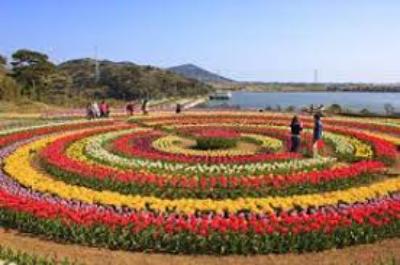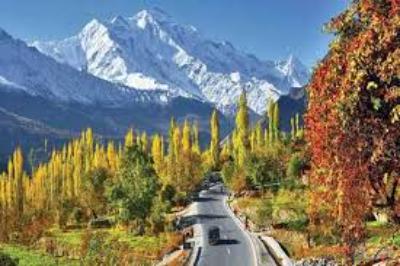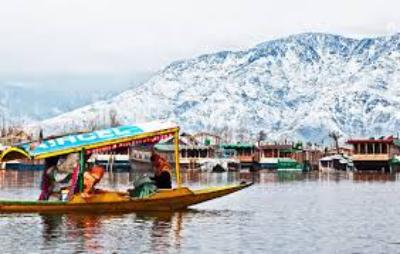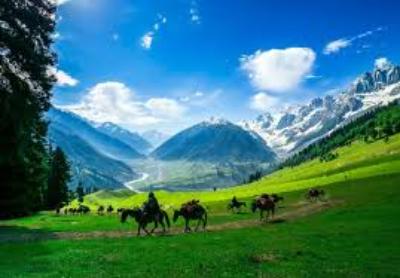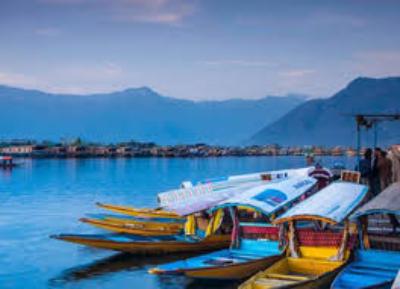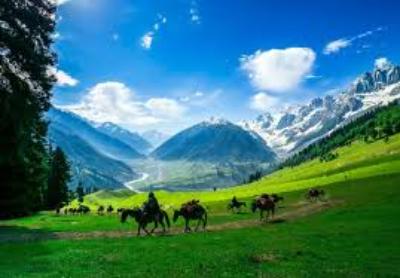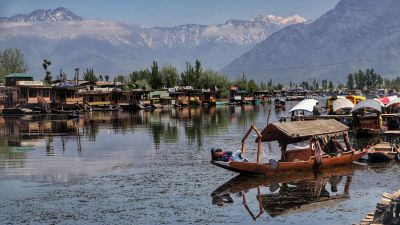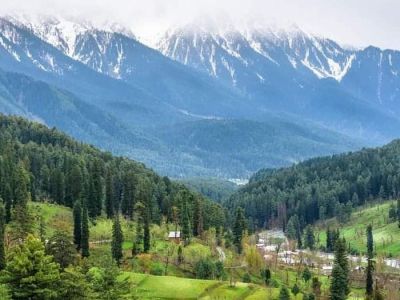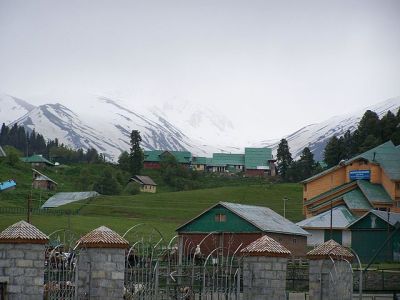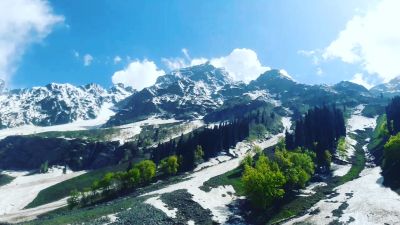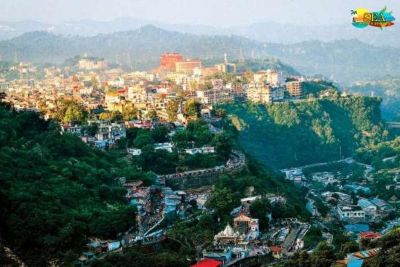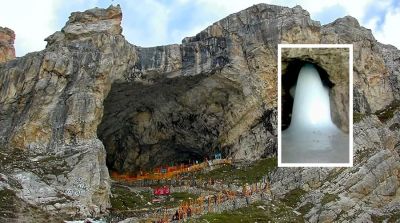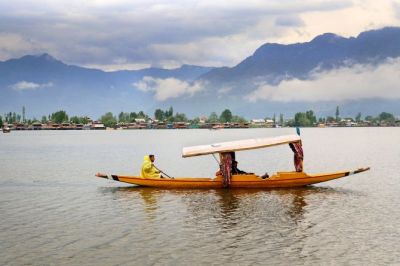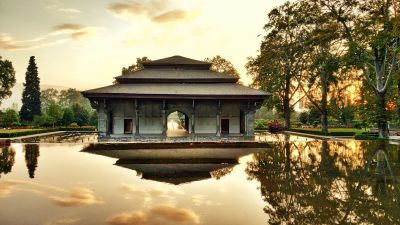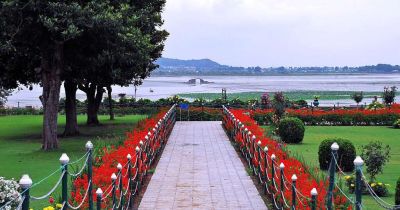The Kashmiri Wedding: Traditions, Ceremonies, and Festivities
Welcome to Kashmir, the picturesque land of snow-capped mountains, serene lakes, and lush green valleys. This beautiful region is not just known for its natural beauty but also for its rich cultural heritage and traditions. One of the most celebrated and cherished occasions in Kashmir is a traditional Kashmiri wedding. Let's delve into the world of Kashmiri weddings and explore their unique traditions, ceremonies, and festivities.
The Grand Kashmiri Wedding: Introduction
A Kashmiri wedding is a grand affair that spans over multiple days, filled with age-old customs and rituals. The festivities reflect the essence of Kashmiri culture and showcase the hospitality and warmth of the Kashmiri people. The entire community comes together to celebrate and bless the couple, making it an unforgettable experience.
Pre-Wedding Rituals
Roka
The first step in a Kashmiri wedding is the Roka ceremony. It is an informal engagement where the families of the bride and groom meet and exchange gifts. The elders from both families bless the couple and give their consent for the union.
Wanvun (Pre-Wedding Feast)
Wanvun is a pre-wedding feast held separately at the homes of the bride and groom. Family and close friends gather to feast on traditional Kashmiri delicacies like Rogan Josh, Yakhni, and Kashmiri Pulao. It is a joyous celebration where everyone comes together to rejoice and sing traditional wedding songs.
Maanziraat (Bridal Shower)
Maanziraat is a unique tradition where the women in the family gather to celebrate the bride-to-be. They adorn her with traditional Kashmiri jewelry and apply henna to her hands and feet. The atmosphere is filled with laughter, music, and excitement as the bride gets ready for her big day.
The Wedding Ceremony
Baraat
The groom, accompanied by his family and friends, arrives at the bride's home in a grand procession called the Baraat. The groom is welcomed with aarti and tilak by the bride's family, and they exchange garlands as a symbol of their union.
Devgon (Traditional Prayers)
After the bride and groom exchange garlands, the priest performs traditional prayers and seeks the blessings of the ancestors. This ceremony is an important aspect of a Kashmiri wedding, as it signifies the sanctity of the union.
The Phoolon Ka Gehna (Floral Jewelry)
One of the most visually stunning aspects of a Kashmiri wedding is the Phoolon Ka Gehna. The bride is adorned with exquisite floral jewelry, including a headpiece, necklace, and earrings. It adds a touch of elegance and enhances the bride's beauty.
The Pheras
Just like in other Indian weddings, the bride and groom take seven vows around the sacred fire as a symbol of their eternal bond. The Ksheer Bhawani Temple is a popular choice for conducting the pheras due to its religious significance.
The Wazwan Feast
No Kashmiri wedding is complete without indulging in the delicious Wazwan feast. Wazwan is an elaborate multi-course meal consisting of authentic Kashmiri dishes. It includes delicacies like Tabak Maaz (fried lamb ribs), Rista (meatballs), and Gushtaba (a minced meat delicacy). The guests are treated to a gastronomic journey that reflects the rich culinary heritage of Kashmir.
Post-Wedding Rituals
Chauthi (Fourth Day Ritual)
On the fourth day after the wedding, the bride visits her parents' home for the first time since her wedding. She receives a warm welcome and is showered with gifts and blessings. It is a significant event as it marks the beginning of her new life as a married woman.
Walima (Reception)
The Walima is the reception party where the newlyweds are introduced to the extended family and friends of both sides. Lavish meals are served, and the couple is greeted with love and happiness. It is a time for celebration and creating lifelong memories.
Kashmiri weddings are full of vibrant colors, melodious music, and heartfelt emotions. They uphold the cultural values and traditions of Kashmir, making them a unique and unforgettable experience. If you ever get the opportunity to witness a Kashmiri wedding, embrace it with open arms and immerse yourself in the splendor of this grand celebration.
Remember to like and share this post if you enjoyed reading about the traditions, ceremonies, and festivities of a Kashmiri wedding. Your support is much appreciated!
Disclaimer : The information provided in this blog is for general informational purposes only. While we strive to keep the content accurate and updated, TravelSetu assumes no liability for errors or omissions. If you believe any part of this blog infringes your rights or causes concern, please notify us immediately at info[at]travelsetu[dot]com so that appropriate action can be taken.
